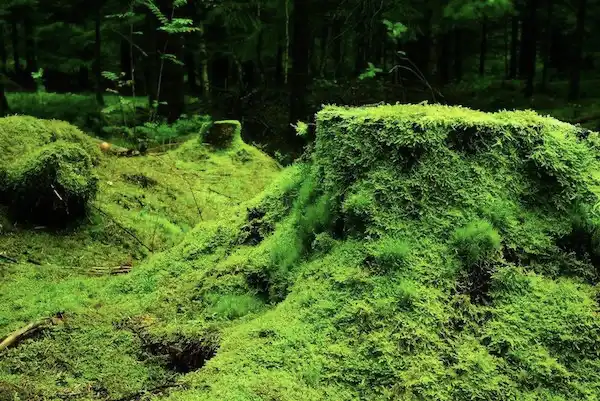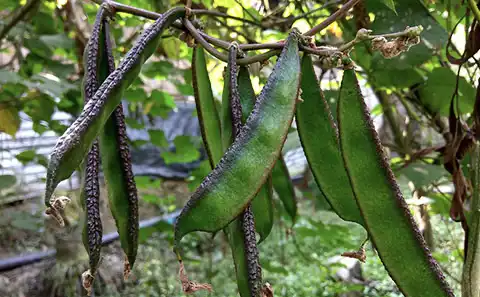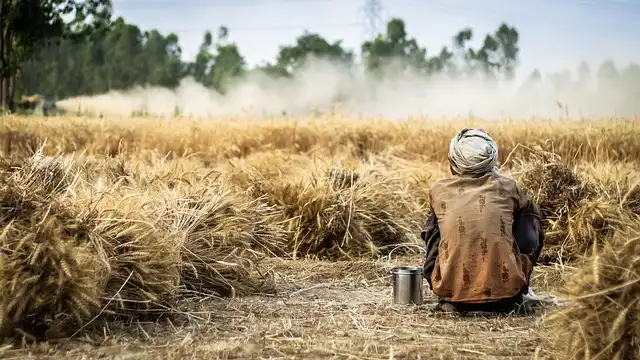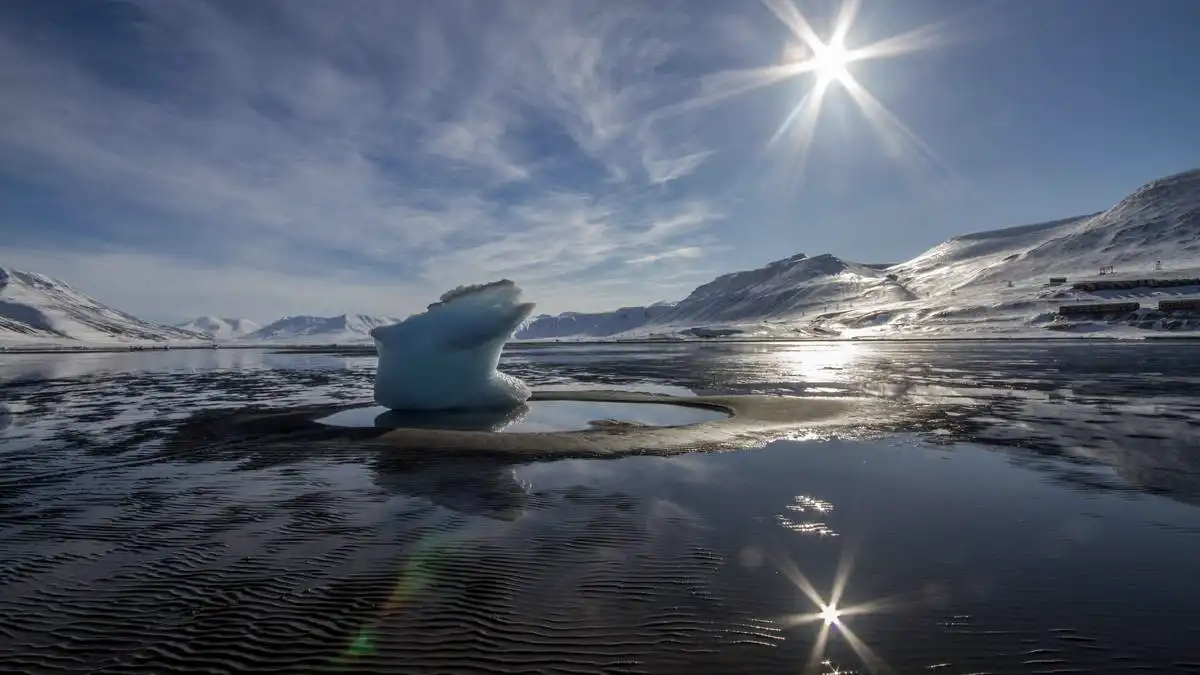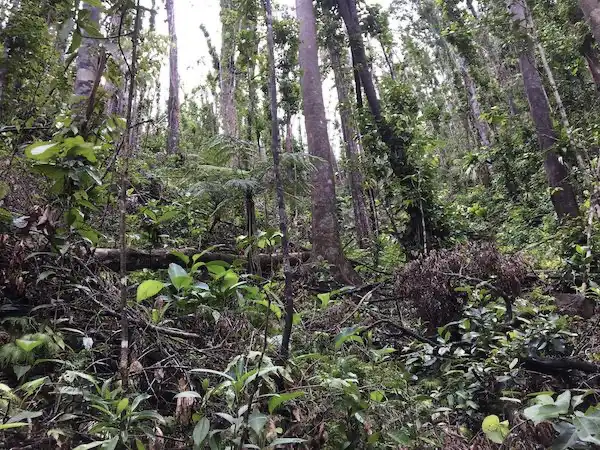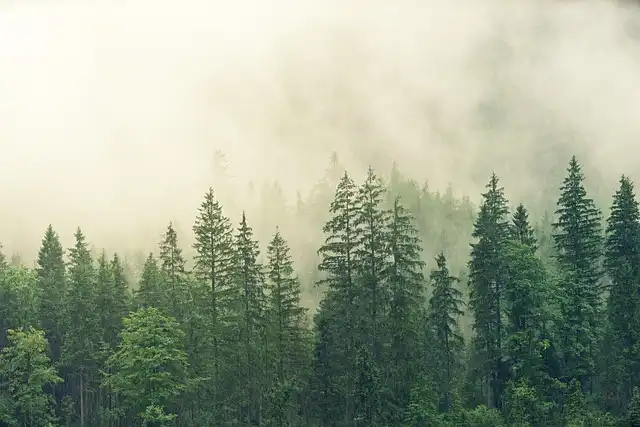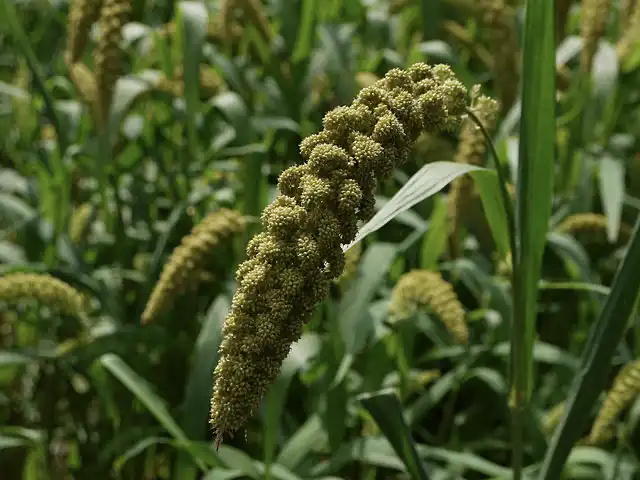
New knowledge of ancient grain may enable breeding for climate change adaptation. An international team of researchers has unlocked a large-scale genomic analysis of Setaria or foxtail millet, an important cereal crop. The study advances our understanding of the domestication and evolution of…
Read More



